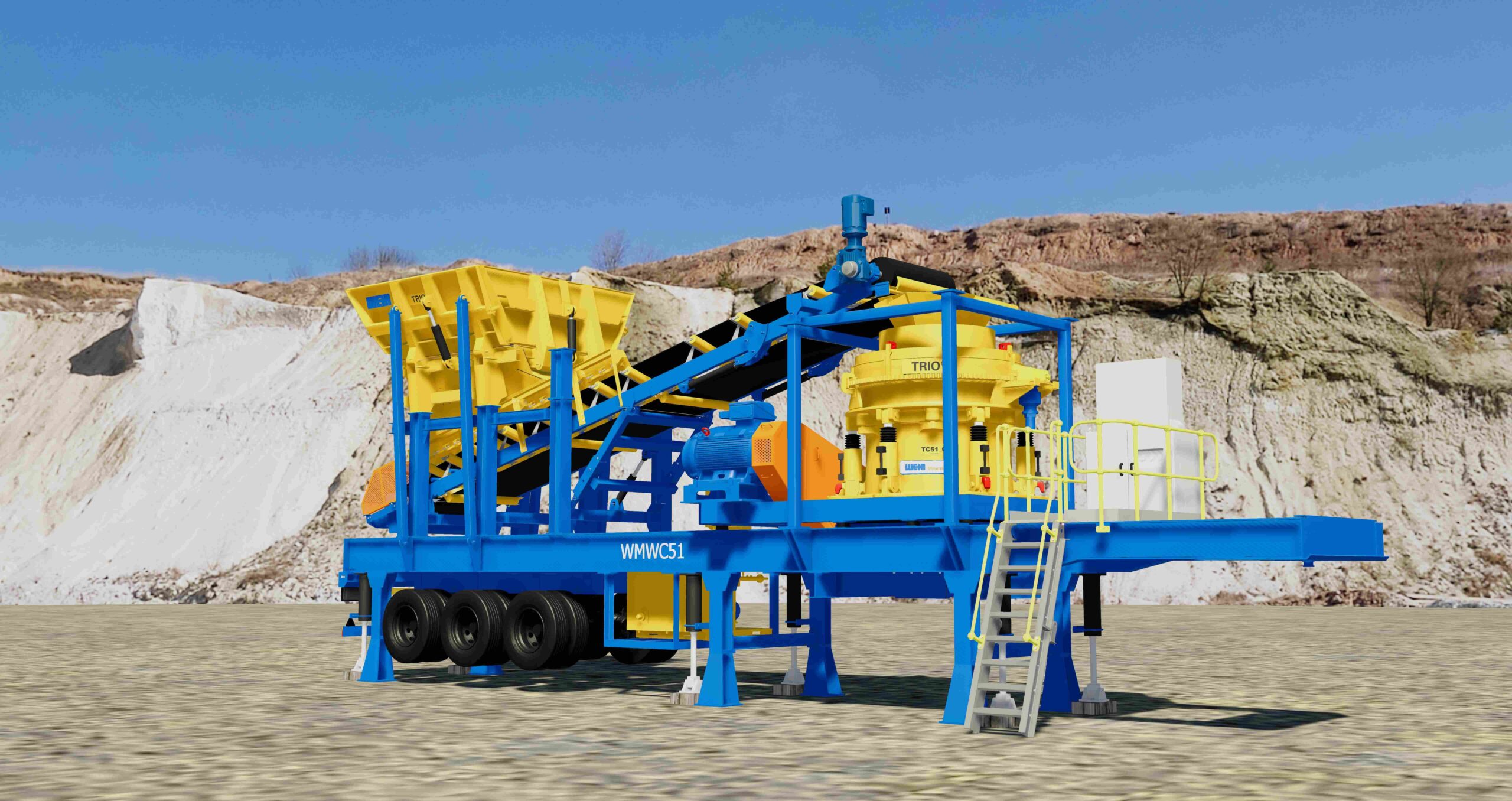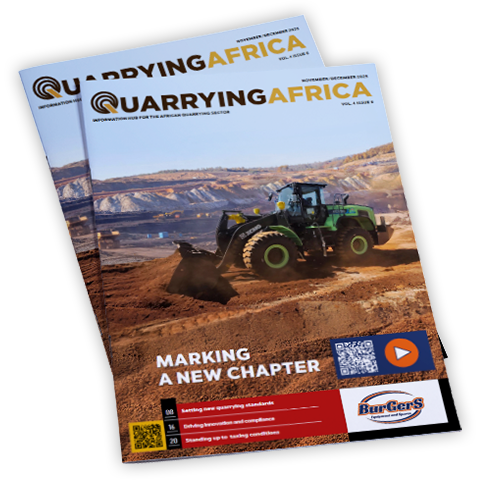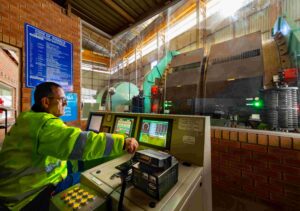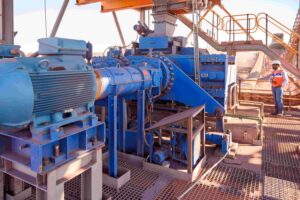To meet the growing need for mobility and transportability of crushing and screening plants in both construction and mining, particularly in the contracting fraternity, Weir Minerals Africa is introducing its Weir Modular Wheeled Plant (WMWP) concept in Africa.
According to Tiisetso Masekwameng, General Manager – Crushing and Screening Products at Weir Minerals Africa, the WMWP range has always formed part of the Trio crushing and screening offering and makes use of Weir Minerals’ Trio crushers, screens and material handling solutions. However, the solution has been completely redesigned to suit new market dynamics.
These plants, she adds, have been deployed across the world in sand and aggregates applications by customers who require the flexibility of a mobile plant without the need for additional maintenance obligations of components such as diesel engines and tracks.
“The concept fits the bill for the construction market, especially crushing contractors seeking to easily relocate their plants to infrastructure hotspots,” she says. “Equally, the WMWP is ideally suited for the mining sector, particularly where customers require short term solutions to help boost production rates during commodity upswings, without constructing a new static plant over a longer lead time.”
The plants are available in various configurations, starting from primary crushing solutions comprising a hopper, a vibrating grizzly feeder and a jaw crusher, to secondary crushing and screening stations consisting of a vibrating screen and a cone crusher. These solutions can be combined using simple mobile conveyors to configure a plant that can produce aggregates for various end-user requirements.
Weir Minerals uses equipment that is within the dimensions and weights that can be accommodated on a multi-axle trailer, in line with legal road limits. Machines selected generally allow for the construction of plants in the 50 to 350 tonnes per hour (tph) range.
“One of the major benefits of our wheeled plant concept is that it eliminates the complexity of having a diesel engine and tracks on the mobile unit itself, which requires additional maintenance over and above the crushers and screens themselves,” says Masekwameng. “Wheeled plants can also be transported on the highway depending on the size and road regulations within the customer’s jurisdiction. That means customers only need to hook the plant to the back of a truck and off they go.”






